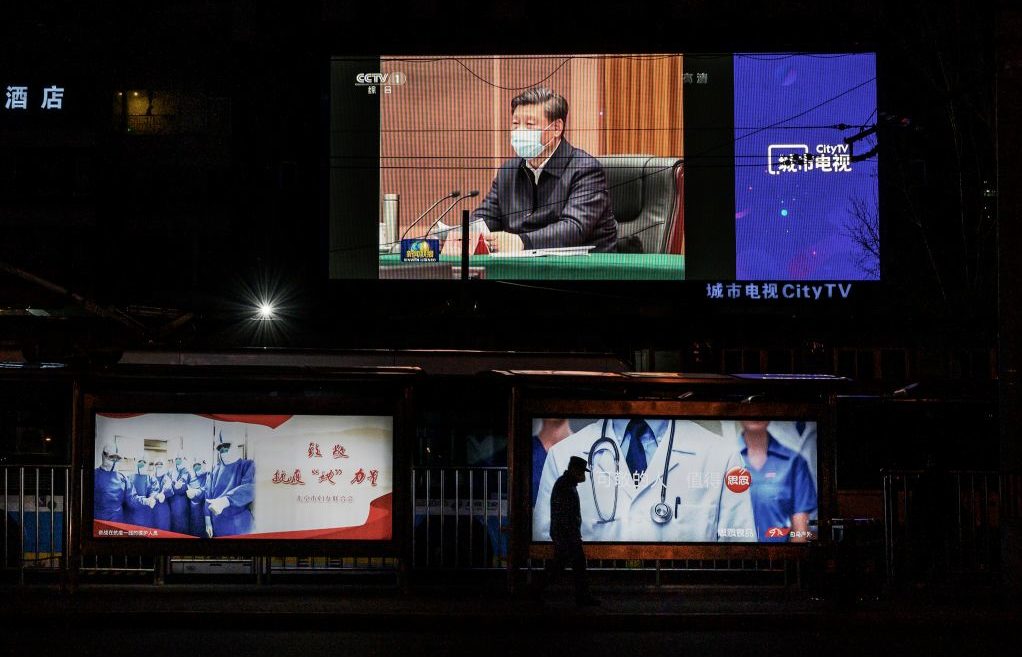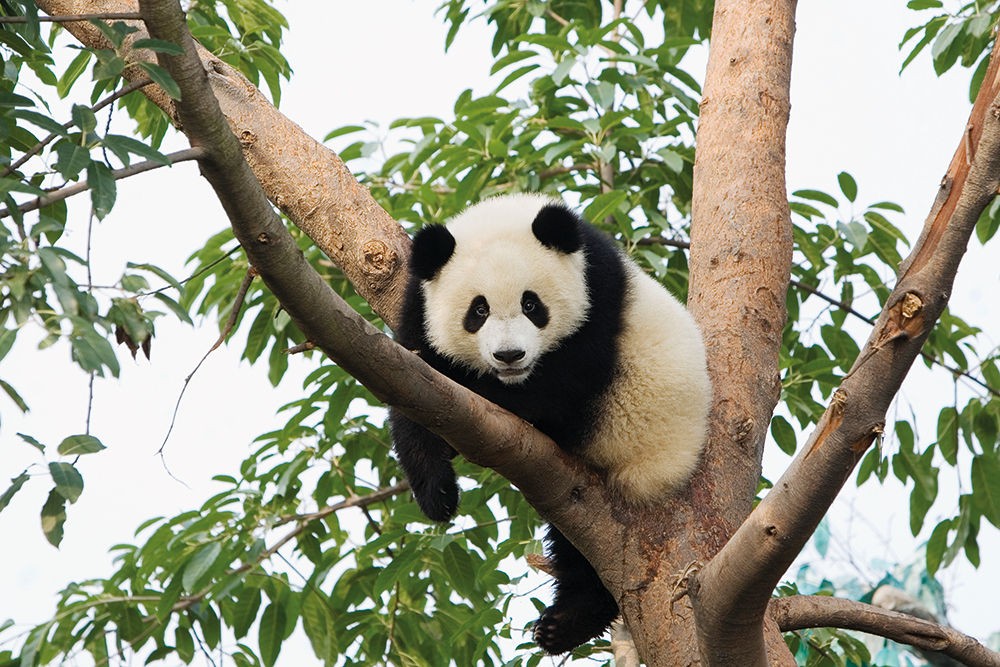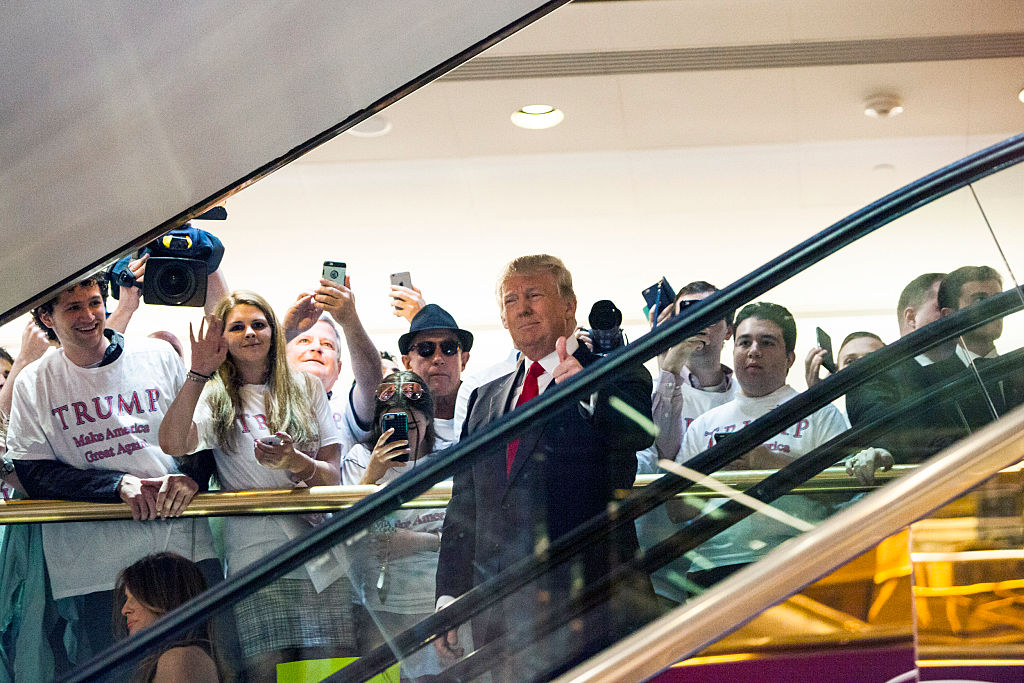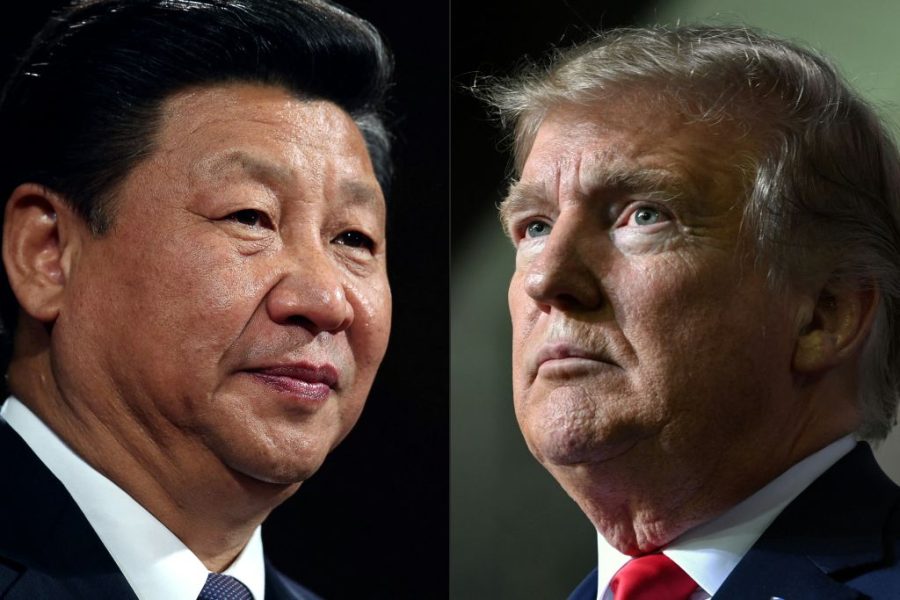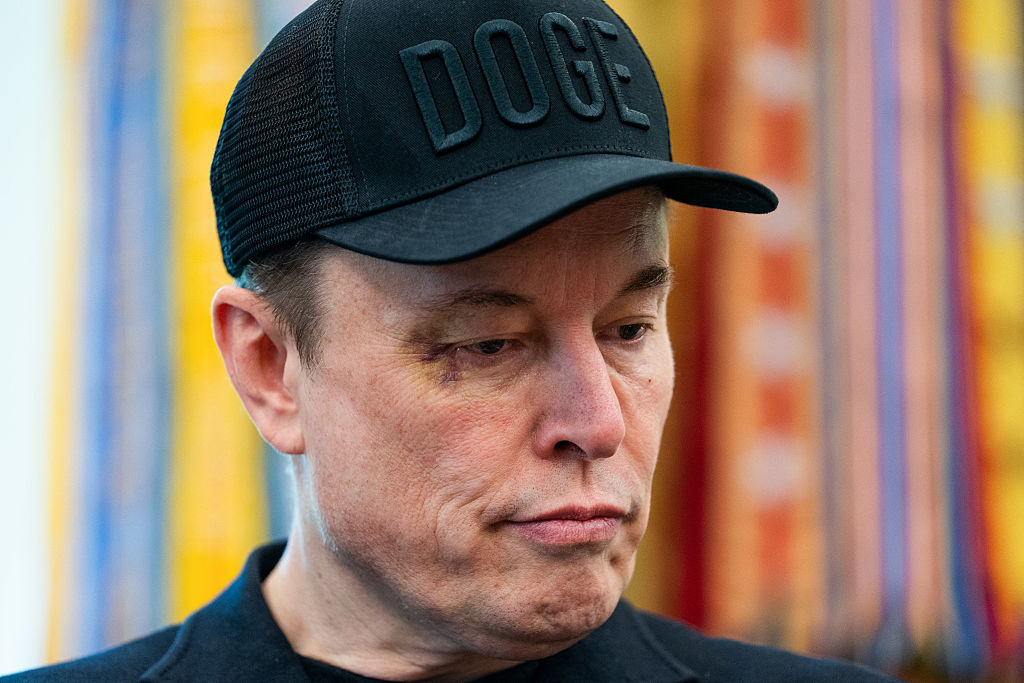As much as it is a threat, coronavirus is also an opportunity. This clear demonstration of the chaos that the unseen can cause both advanced and developing nations gives global leaders the chance to reset positions and behavior.
In coronavirus and Sars, China has been at the epicenter of genuinely life-changing diseases. The circumstances in which these illnesses developed are completely at odds with the animal welfare and health and safety regulations common in most developed nations.
The trade in snakes, pangolins, bats and other wild animals has been outlawed by the Chinese authorities. Beijing has the authoritarian might to enforce the prohibition effectively, so long as they actually mean it. In some ways, it could be pushing at an open door with the Chinese population. These ingrained habits that have been inherited down the centuries, in fact, die hard with the older, more superstitious generations. Perhaps closing the door on ‘free’ movement across vast swathes of China will have made an impact. But so too might the sight of older friends or neighbor being carried out in body bags.
The Chinese government could go further and promote a re-education program on the efficacy of folk and herbal remedies. Too many elephants and rhinos have died to provide powered horn to those unable to generate their own.
As the leadership looks to expand its global leadership pretensions through the ‘Belt and Road’ policy, particularly in Africa, it could look to starve a market that causes despair elsewhere. The argument that the Chinese people will acquiesce to an authoritarian regime in return for ever-increasing prosperity has equal force in these circumstances. Take the antibiotics and Viagra and watch China improve its reputation.
It behoves the West to push these proposals gently. Blaming China will only provoke and here it is better to turn the other cheek. Indeed, we need to remember that the heir to the British throne is a supporter of homeopathy, which is roundly derided by the medical profession. Let’s not get too far ahead of ourselves when it comes to weird ‘remedies’.
There is a further point of pressure on China, which is the economy. The country enjoys some 20 percent of world trade as opposed to about 5 percent at the time of the Sars outbreak, China has become enormously strong. The battle with Donald Trump has shown that it is also a potential vulnerability. The unspoken pact with the Chinese people depends on further economic progress. The regime is now seeing what it is like when there’s a wrench in the works, be it the president or a nasty virus.
Western diplomacy might, if used judiciously, change Chinese behavior while Beijing is on the defensive. There could be gains to be had, for example, in the climate change debate but it is hard to think at this stage of any great improvements on human rights. Incremental change, nonetheless, would be welcome.
It is far too soon to speculate on what might be the end result of the current crisis in terms of lives lost, costs to health services, the disruption of day to day life and the cost to the global economy. Those costs would be harder to bear if, once a vaccine is discovered and Covid-19 is confined to the medical books, the world returned to business as usual. There is a chance for change. Do we have the skill to make it happen?
Jonathan Haslam is former chief communications secretary to John Major. This article was originally published on The Spectator’s UK website.



